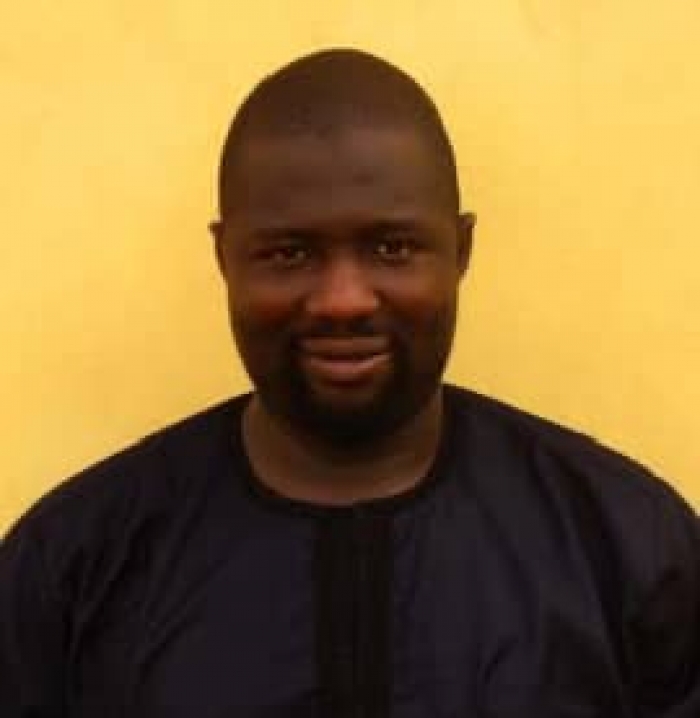As President Bola Tinubu marks his second year in office—having assumed power in 2023—his anniversary speech paints a picture of progress and optimism. However, a critical examination of his administration’s policies and their impact on Nigerians reveals a stark contrast between his words and the daily realities of 2025.
Economic Woes
The President’s address highlighted accomplishments such as a narrowed fiscal deficit, increased revenue generation, and an improved tax-to-GDP ratio. Yet these gains have failed to translate into better living standards for ordinary Nigerians.
According to the National Bureau of Statistics (NBS), inflation stood at 28.5% in January 2025, with food inflation climbing to 32.1%. This has severely eroded purchasing power, making it difficult for many Nigerians to afford basic necessities.
The Naira has also depreciated significantly—by over 60% against the US dollar since early 2023. As of February 2025, the Central Bank of Nigeria (CBN) pegged the official exchange rate at ₦800 to the dollar, while parallel market rates were notably higher. This gap has made access to foreign exchange difficult for businesses, leading to shortages of imported machinery and exacerbating inflationary pressures.
Poverty and Insecurity
Despite the President’s claims of progress, poverty and insecurity remain widespread. The World Bank projects that 42% of Nigerians—over 92 million people—will live in poverty in 2025. This grim reality starkly contrasts with the administration’s narrative of economic progress.
Security has also deteriorated. Banditry, kidnapping, and terrorism continue to plague large parts of the country. According to the Global Terrorism Index, Nigeria ranked 12th out of 163 countries in 2024 in terms of terrorist impact. Kidnappings have surged, leaving many citizens in constant fear.
When the Tinubu administration assumed office on May 29, 2023, it pledged to tackle insecurity swiftly. However, by September 2024, a report by Beacon Consulting documented a disturbing rise in violence: 13,346 people killed and 9,207 abducted.
Despite allocating a staggering ₦6.11 trillion in the 2025 budget to address insecurity, results have been minimal. The situation has worsened, especially in Plateau and Benue states, which remain among the hardest hit. Armed groups operate with impunity, and the military—once a symbol of national strength—now struggles to contain the crisis. Alarming reports suggest sabotage from within, with allegations of insurgents acquiring weapons from military sources.
At this point, for the government to give itself high marks is not only insensitive—it’s dangerous. Many citizens have abandoned their farms, forests lie deserted, and daily survival is uncertain. A government that cannot be honest with itself has already failed its first test—and cannot hope to find meaningful solutions.
Disconnection from Reality
The President’s speech reflects a troubling disconnect from the lived experiences of ordinary Nigerians. The narrative of progress and achievement does not align with the widespread struggle for food, healthcare, and education. The government’s repeated self-appraisal—claiming success while ignoring widespread hardship—underscores this disconnect.
Meanwhile, actions by the administration seem more focused on consolidating power than serving the people. The coercion of political figures and the destabilization of opposition parties undermine democratic institutions and erode public trust.
Insincere Promises
While the President promises a brighter future, the evidence on the ground suggests otherwise. Policy choices so far have deepened poverty, and survival has become a daily challenge for many Nigerians. A United Nations Development Programme (UNDP) report shows a decline in Nigeria’s Human Development Index (HDI), a key measure of national well-being.
How can a family of five survive when a bag of rice costs ₦65,000, while their combined income is meager? The President’s talk of growth sounds hollow to the millions who can’t afford three meals a day and must trek long distances to work.
The NBS reports Nigeria’s unemployment rate at 35% in Q4 2024, leaving many without access to decent work or a pathway out of poverty.
A Call to Action
Now is the time for bold, concrete actions—not just lofty promises. The President’s speech should serve not only as a reflection but as a call to tangible reform.
To address the economic crisis, the government must prioritize policies that encourage economic diversification, foster a business-friendly environment, and invest in human capital. This includes promoting agriculture to boost food security, supporting small and medium-sized enterprises (SMEs) through access to finance and training, and reforming regulatory frameworks to attract investment.
To tackle insecurity, the government should focus on strengthening security institutions through better training, equipment, and morale, while improving intelligence capabilities. Root causes such as poverty, unemployment, and social inequality must also be addressed.
Conclusion
President Tinubu’s second-year speech may have sounded hopeful—but Nigerians are living a different story. The gap between policy rhetoric and reality is wide and painful. Nigerians are enduring hardship, economic distress, and growing insecurity. It is time for leadership to rise to the moment—not with words, but with action. Anything less is a betrayal of the trust Nigerians placed in this government.
** Dayo DaSilva, a media professional and newspaper publisher, wrote from Abeokuta, Ogun State.
Email: This email address is being protected from spambots. You need JavaScript enabled to view it.
